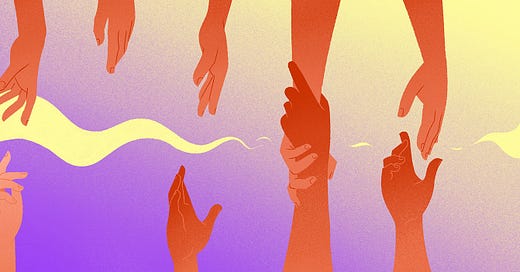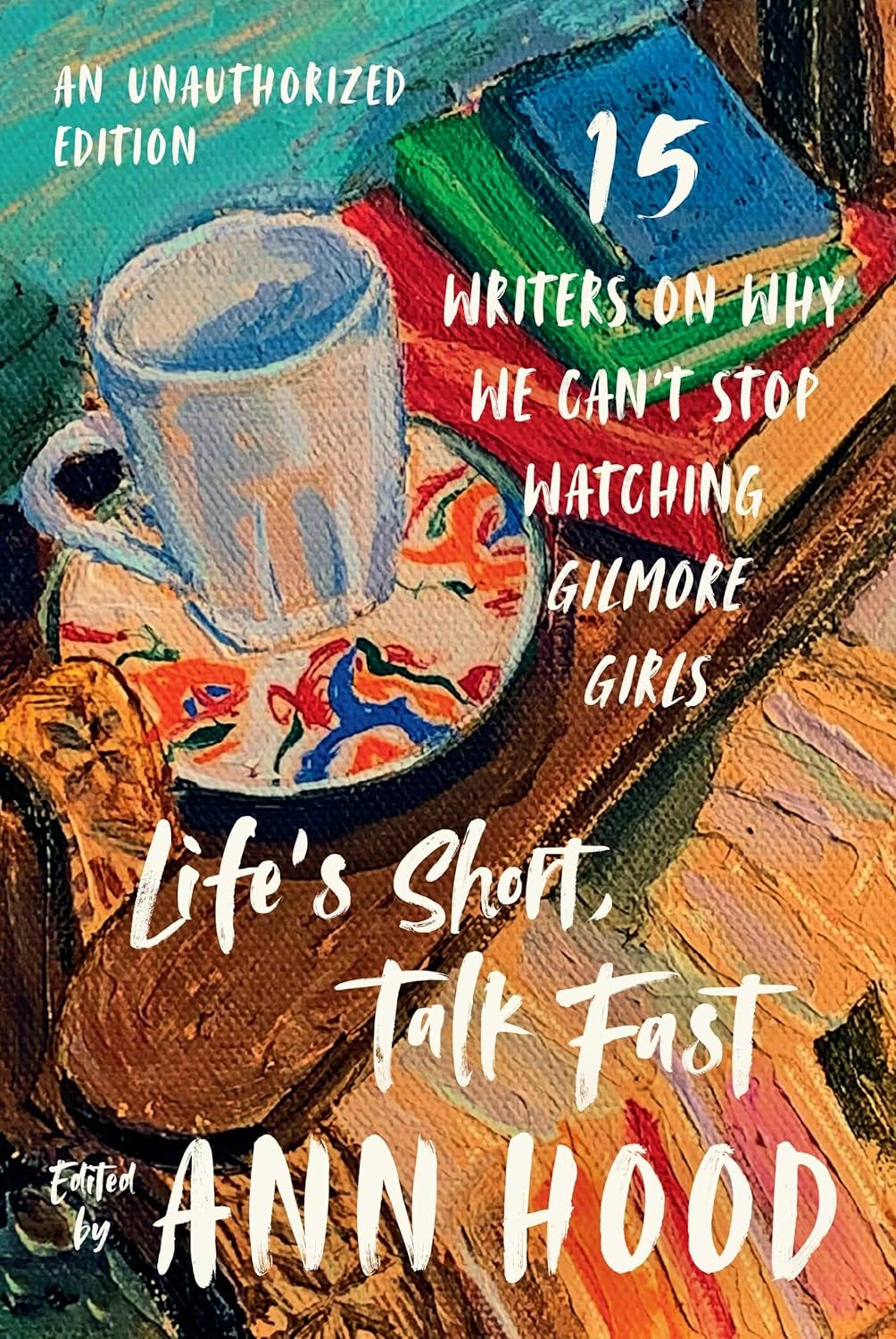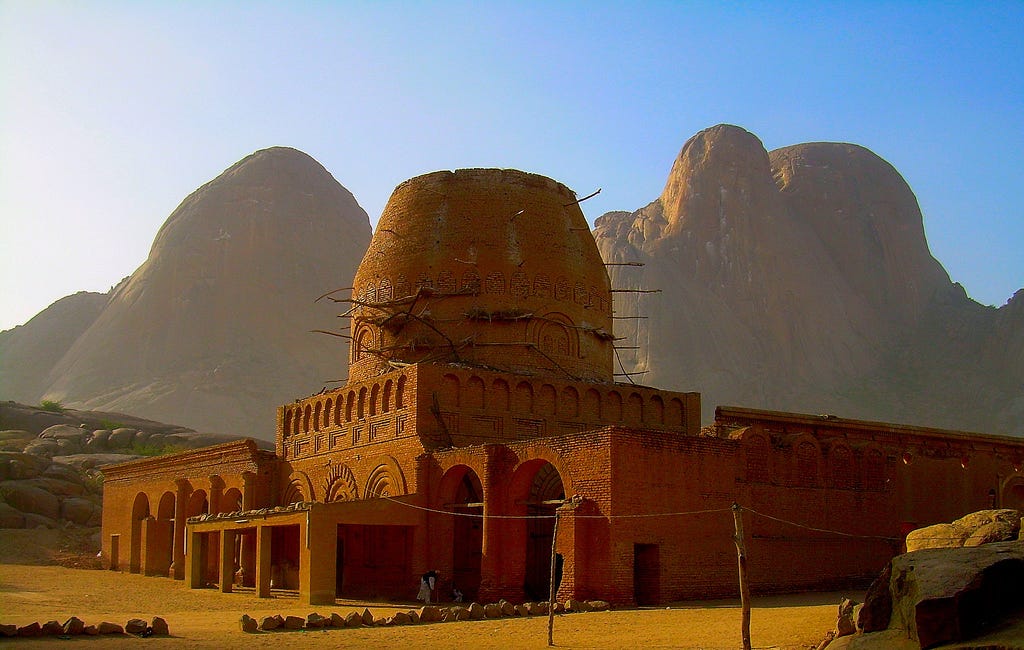On Friendships and Seasons
Some friendships last only a season, while others bloom with a lifetime of possibilities

My 30s are littered with the gravestones of former friendships. That sounds dramatic. But in many senses it is sadly true, and it is a reality I have been doing my best to grapple with over the past few years.
I turned 30 in the midst of Covid pandemic lockdowns, celebrated the turn of the decade alone in a quiet Parisian apartment, watching video messages from loved ones around the globe. Thirty is a strange birthday for millennials. Somehow many of us grew up believing the story that life “ended” at 30, that we were leaving behind not only our youth, but our vitality, our relevance, our very way of being. We weren’t quite sure how to age.
But time has that unique quality of continuing to pass, no matter how much you might want to slow it down or stop it entirely. As my 30s plodded on, the anxiety of getting older faded to a background hum, and I began to notice how the shape of this decade was distinct from the ones that had passed before.
Not every friendship ending is a terrible thing; some relationships are for a season and seasons are wont to change. My friendships evolved naturally, as people moved away, switched jobs and shifted priorities. Often in these losses there is a sadness that things aren’t what they used to be, but a lingering love and grace that remains, a sense that for a brief moment there was joy and care, and now there are the memories.
Other friendships came to pass more bombastically, shall we say. These are the harrowing endings, the ones where a dynamic that was once accepted is no longer bearable, where the growing pains can prove to be too much. I put my hand up and take responsibility for my own part here. There were many friendships I settled into when I first moved to London, then to Paris, then back to London, which I slid into primarily for the sake of companionship. That in itself is no bad choice, for loneliness is a terrible thing. Only I found myself accepting all sorts of behaviour to avoid the sharp sting of solitude’s whip. I allowed myself to be treated in pitiful ways, and made excuses for dynamics that made me feel small. At some level, I told myself that this was easier than the alternative. But as I aged into my fourth decade and began the exercise of naming my feelings, my needs, my hurts, I began to learn that not all relationships are built on solid enough ground to withstand my whole self.
Yet I’m still not sure how many of these changes in friendship circles are related to age, or instead the very real impact of lockdowns. I wonder, where is the collective mourning, not only for those who died or were affected by illness, but for the many millions of us who left versions of ourselves on the other side of the decade? The majority of people I know have a pre- and a post-lockdown sense of self, but we don’t have language for this transformation.
We simply didn’t see each other for months on end and then came back together questioning why we didn’t quite fit as we used to. So, as my 30th birthday coincided with this world-changing event, perhaps it’s no wonder my friendships took a hit, too.
But then, there are the friendships that surprised me with their strength, with their resilience, and the transformation that occurred when I chose to invest in them. That has been the revelation of friendships in my 30s. Showing up as my full self in these relationships has often been a scary endeavour, requiring a level of vulnerability. But the results have been wondrous.
Yes, there are gravestones, but there are also acres and acres of flourishing fields, blooming with the fruits of honesty, love and care. Within those fields, possibility thrives.
Possibility of imagining new ways of living that don’t quite look like our parents’, but aren’t quite the world of sitcoms either. Ways of living that include but do not centre on only the heteronormative marriage or the nuclear family unit. For example, living with friends until we grow old, not only until we move out to the suburbs. Or sharing caring responsibilities with those we choose, not only those who are relatives.
My blood family is scattered across the globe like confetti, so the idea that we could all live together in the same block seems like an unimaginable fantasy. But what is more achievable is the idea of creating the “post-extended family” unit in the urban, dense city environments so many of us cherish — to reimagine life with friendship at its centre.
Originally published on Hyphen Online
Pre-order: Life’s Short, Talk Fast
I’m so excited to announce that I have an essay in the upcoming anthology Life’s Short, Talk Fast: 15 Writers on Why We Can’t Stop Watching Gilmore Girls. It will be published inshallah on the 1st of November in both the UK and the US (and possibly some other markets also). So, keep an eye out and pre-order if you are so inclined. My essay is titled ‘Daughter is a Permanent State’ and I cannot wait to share it with you all!
Read: In Sudan, the People’s Revolution Versus the Elite’s Counterrevolution
Inspired by a need for more grounded, non-elite analyses of the current situation in Sudan, we interviewed four people whose organizing against the oppressive policies of the Sudanese state spans years and in some cases decades. Each of them links the revolution to the current war and foreground the organizing and collective visioning processes that have and could potentially still move us toward a popular democratic future in a post-war Sudan.
Excellent series interviewing grass roots organisers on the current situation in Sudan. Another fantastic read is On Sudan and the Interminable Catastrophe: A Conversation with Bedour Alagraa which digs into the complex racial and imperial history often erased in our conversations on Sudan. I found the latter a tough, but critial read. Also, ICYMI, Sudan was on the front page of The Economist magazine recently.
Listen: Tired? Distracted? Burned Out? Listen to This.
An episode of the well known Ezra Klein podcast which I listened to recently, on the challenge of paying attention.
I’m convinced that attention is the most important human faculty. Your life, after all, is just the sum total of the things you’ve paid attention to. We lament our attention issues all the time — how distracted we are, how drained we feel, how hard it is to stay focused or present. And yet, while there’s no shortage of advice on how to improve our sleep hygiene or spending habits or physical fitness, there’s hardly any good information about how to build and replenish our capacity for paying attention.
I think about this often as a working writer. I don’t know about others, but for me, writing is an all-encompassing activity. I cannot do it while being distracted, while not paying full attention. In this world of hyper-distraction, where everything at every moment is vying for your attention, this means the exercise of protecting one’s focus is part and parcel of the job. Protecting my attention, carving out space for it, shielding it from the predatory teeth of derailment - it is not a ‘nice to have’ or a simple preference, but a key condition for success. I think that’s why I love writing in remote places. Travelling far away from my comfort zone also means travelling away from distraction, and the quiet it affords me, both externally but within my own mind, allows for possibility and creativity to bloom.
Thank you, as always, for your attention. For opening this email or clicking on this link, for reading this far ahead. If this is your first time here, welcome and please do subscribe!
I’ve recently taken the decision to remove the paywall from all my posts, meaning all 60+ posts are available for your reading pleasure. I’ve always felt a bit personally uncomfortable with asking folks to pay for this newsletter, and removing the paywall has felt like a relief, in some small way. For those who want to continue supporting my work financially, I remain incredibly grateful for your endorsement.
One benefit of removing the paywall is that I can re-share top posts from the past. Friendship is a topic I return to over and over again, and one of my most popular posts from last year was on such relationships in difficult times. I think it remains relevant. Have a read:
On friendships in trying times...
I don’t think I am alone in feeling it’s been a strange couple of weeks, for a variety of tragic reasons, and also, unusually, for friendships.
That’s all for this week, folks. Hope you’re all keeping well, and your loved ones close, inshallah.
Best,
Yassmin








